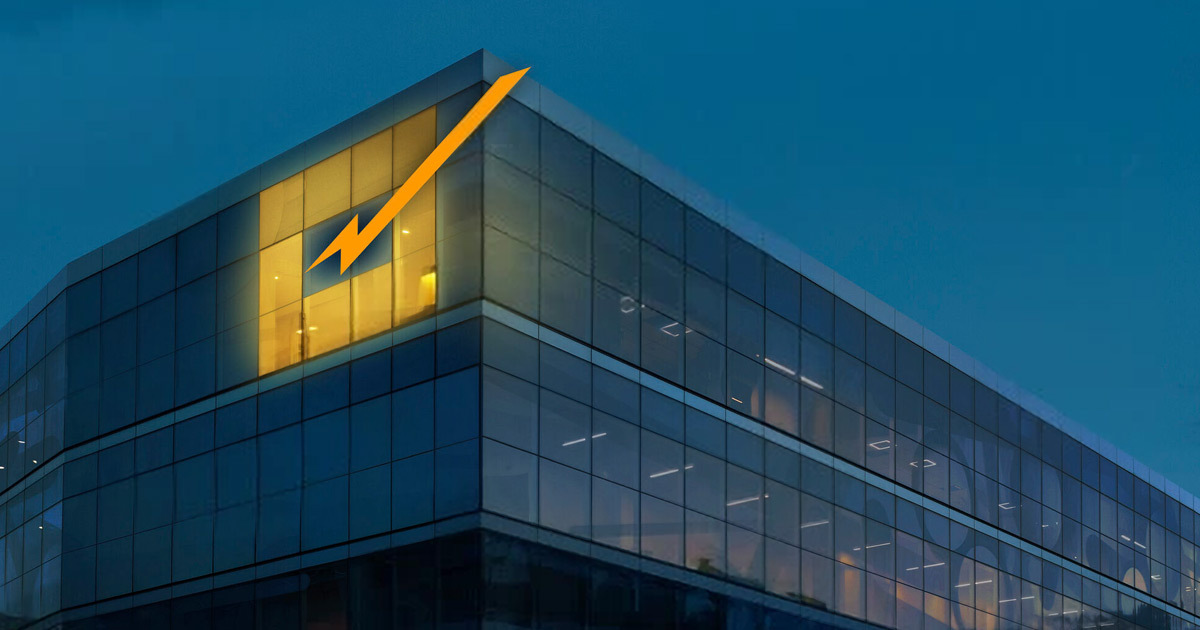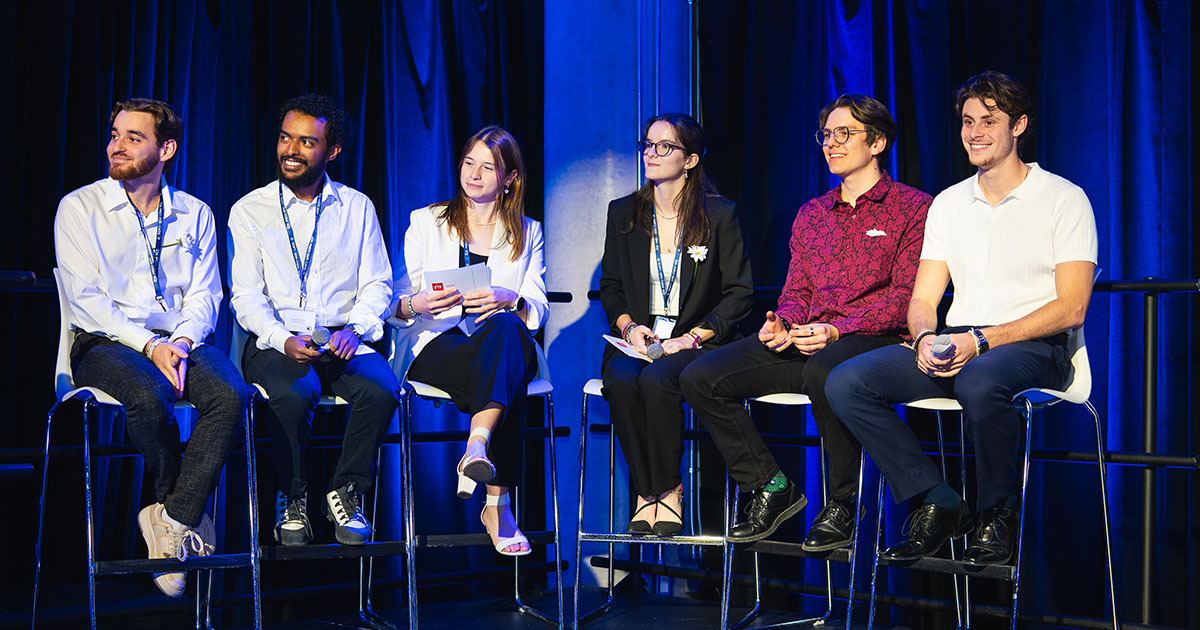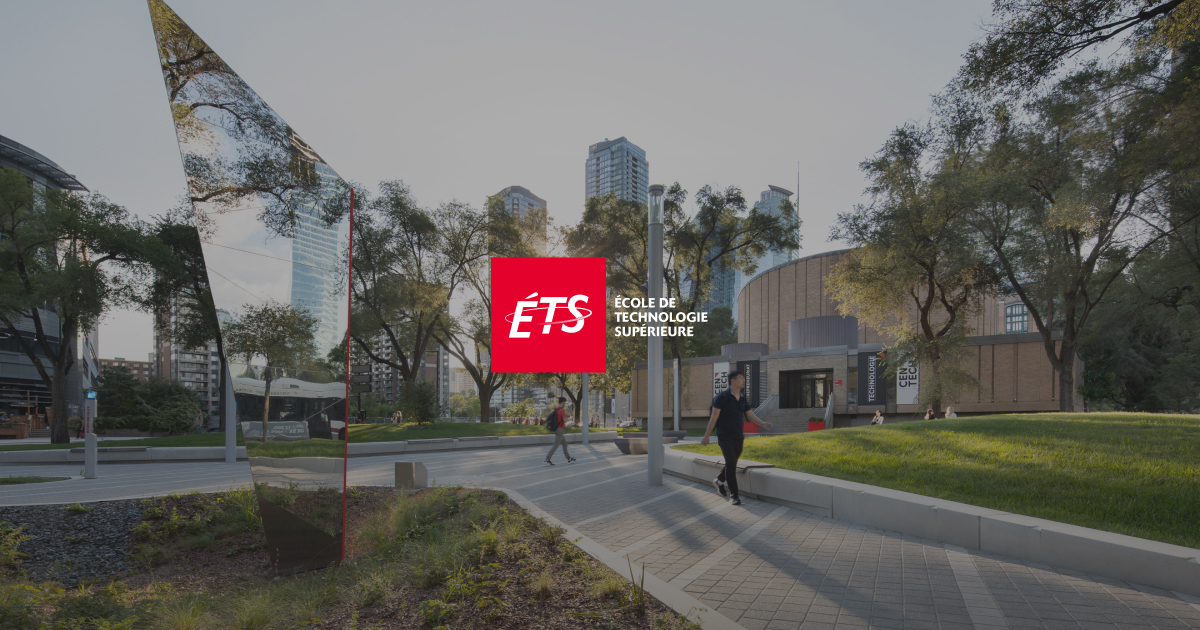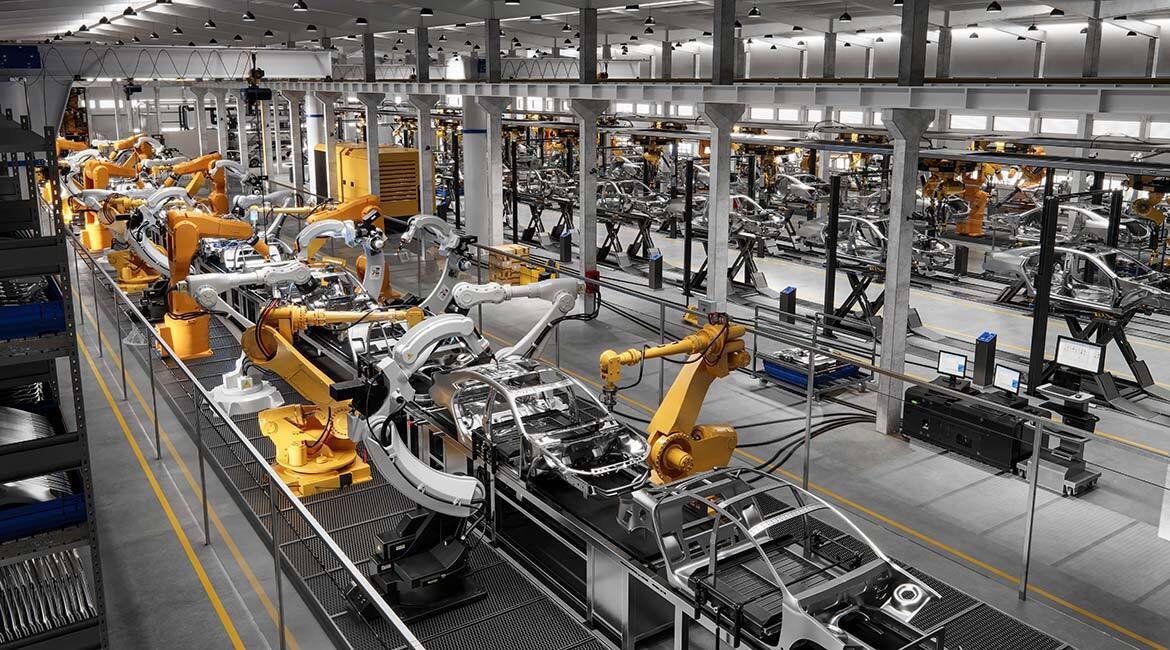
SUMMARY
If there is one constant occurrence in society, it is the turbulence caused by the arrival of new technologies. From the emergence of machines at the end of the 19th century to ChatGPT’s recent arrival, these technological changes have a way of creating havoc. Éric Francoeur and Michel Lejeune, two sociologists who are also senior lecturers at the École de technologie supérieure (ÉTS), spoke with Substance.
Substance: You both teach Technology Sociology. What can ChatGPT teach us about society?
M. L. We tend to believe that technology imposes upon society, that it changes us, whether we like it or not, solely through the will of its creators. The advent of ChatGPT shows that technological developments do not come solely from engineers or designers. Other external players contribute, and this is what the ChatGPT controversy teaches us.
Individual positions, whether positive or negative, offer leadership and design teams the opportunity to rethink their business model, shape their technology, and bend it in one direction or another to better penetrate a highly competitive and volatile market.
OpenAI, the company that launched ChatGPT, provided free access to this technology. And that’s no small feat! By doing so, the company can get ahead of its competitors and attract investors. In addition, users can identify the application’s strengths and weaknesses and find uses for it that the company had not thought of yet. These aspects are all being covered by the media.
In fact, OpenAI admitted that it has been overwhelmed by the popularity of its system, and by the dramatic reactions coming from all sources. For example, some faculty members expressed reservations, especially about the risk of plagiarism. Some even suggested banning the technology from schools and universities altogether. Anyone who has followed headlines on ChatGPT knows that it didn’t take long for experts to create computer applications to counteract some of the technology’s harmful effects.
Although it has beaten its competitors to the punch, OpenIA now realizes the magnitude of the challenge ahead in terms of bringing its technology to market and ensuring its social acceptability.
Substance: Other technological changes have created quite a bit of social commotion throughout history. Can you give a recent example?
M. F. The automobile, for example, is probably the technology that had the greatest impact on people’s daily lives in industrialized countries, in the second half of the 20th century. By transforming the way people travel, it has changed the way of occupying a territory, housing and consuming. Suburbs and shopping centres expanded thanks to the automobile.
This transformation has brought its share of drawbacks, including urban sprawl, traffic congestion, noise, air pollution, road accidents, etc.

However, these are not based on the advent of the automobile alone. Sociologists and historians will tell you that the institutions set up around the automobile also played a big role. For example, think of political authorities, swayed by the automobile lobby to put this mode of transport at the centre of their decisions or to favour its development by investing in road infrastructures…
In other words, social turbulence generated by the arrival of a new technology is closely linked to context and to the choices made by the various players in society. In fact, the role of the automobile in our society is currently undergoing a type of paradigm shift—its very domination is now under question.
Substance: Do we have any idea of the impact ChatGPT will have on our society?
M. L. New technologies always cause concern in terms of employment. This is a recurring issue that comes right after a technology wave. ChatGPT is no exception!
É. F. However, remember that this concern is unfounded—employment and unemployment rates have been stable for decades. What we are seeing is a shift in employment from manufacturing to services.
Substance: Still, some jobs are likely to disappear, right?
É. F. Obviously, the arrival of new technology changes the way things are done. Some jobs disappear, others change or require new skills. Problems occur when people who lose their jobs don’t have the skills needed for the new jobs.
M. L. For example, robotics and office automation caused a stir in the 1980s and 1990s. Many feared that they would drive workers out of factories and secretaries out of offices! That’s not what happened. Rather, it is the tasks of these people that have been transformed.
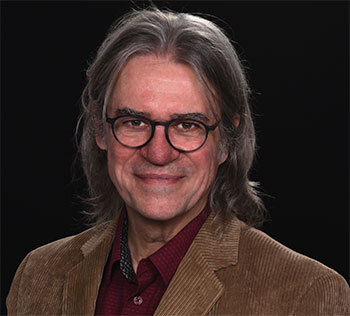
Substance: Both of you are professors. How do you see the arrival of ChatGPT in the classroom?

M. L. The media claims that ChatGPT could hinder skill acquisition—the ability to research documents, to critically analyze information, to make a case… Be wary of such prejudice. Let science ascertain if they are true or not.
Even if some people consider ChatGPT as an enemy of education, it rather seems quite interesting to me. It makes me think of the saying: “Keep your friends close and your enemies closer.” I myself encouraged my students to use it for a semester project and to explore different ideas. I was amazed at their maturity, their awareness about the risks of plagiarism, and their understanding of its limits. ChatGPT helped them learn.
É. F. But it’s still all very new. So we need to be careful in terms of assumptions and knee-jerk reactions. Remember that this is not the first time people have cried wolf in education.
Socrates was against writing because it reduced the ability to memorize and could, in fact, weaken the mind!
And I even recall that here at ÉTS, we had long debates on the use of the symbolic calculator in class. Today, it is well integrated and supervised in math courses.
Interview by Chantal Crevier

